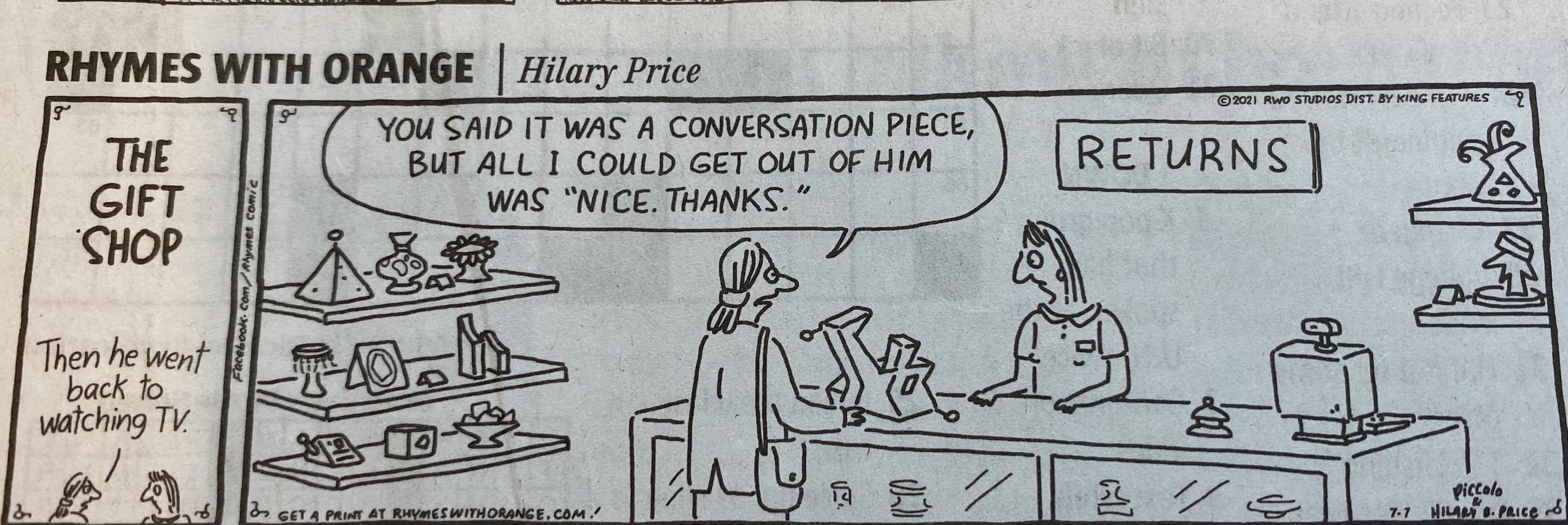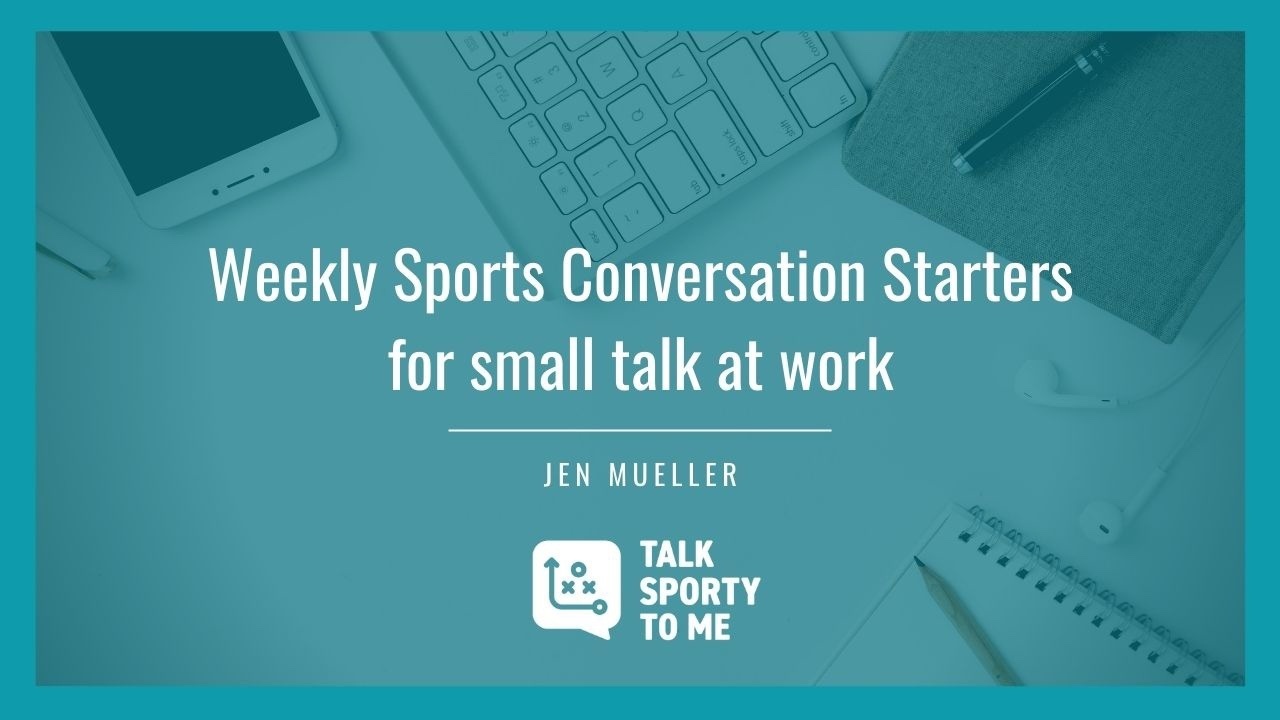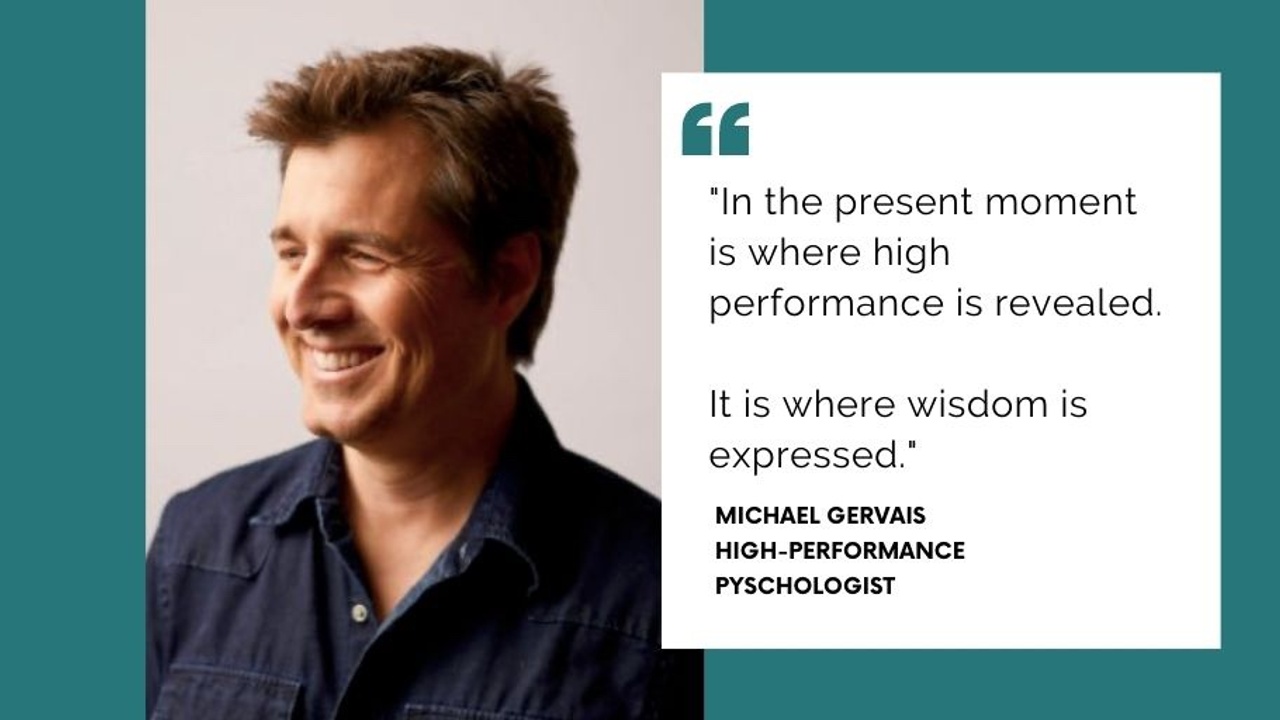Do it because you can, not because you want to.
I heard a fitness instructor say that this week and it’s exactly how I feel when I’m coaching people ...
It’s a frequently asked question among sports fans and it’s a good starting point for every new or novice sports fan. There is no right or wrong answe...
If you want people to clearly communicate with you, start practicing it yourself. Sound intimidating? Not if you start with sports.
Here’s an example...
You can be a sports fan for lots of different reasons. It doesn’t have to be because you played sports in high school or because you’ve always been a ...
Preseason football doesn’t generally excite fans. The games mean we’re getting close to the start of the regular season but the outcomes of preseason ...
If you equate sports small talk to sports metaphors you’re missing the point and a valuable opportunity to connect with colleagues. Sports metaphors a...
I’m glad Simone Biles captured the attention of the world and shined a light on the importance of mental health. She helped spark conversation around ...
If there’s one universal takeaway from the Olympics over the last week – it’s that sports isn’t just about the outcomes. Sports can be used to tackle ...
It’s hard not to think about what’s next. A sentiment shared by young prospects throughout baseball and sports in general. But what those athletes ine...
Friendly reminder – people want to be heard. They want to know their opinion counts and that what they say matters. It’s one of the biggest reasons an...
You can do anything for 30 seconds.
It’s a favorite saying for fitness instructors and personal trainers everywhere.
That encouragement always seems...

The cartoon made me laugh for how accurate it is in my house, but it's also a reminder that it takes a little work to start a conversation with some...














